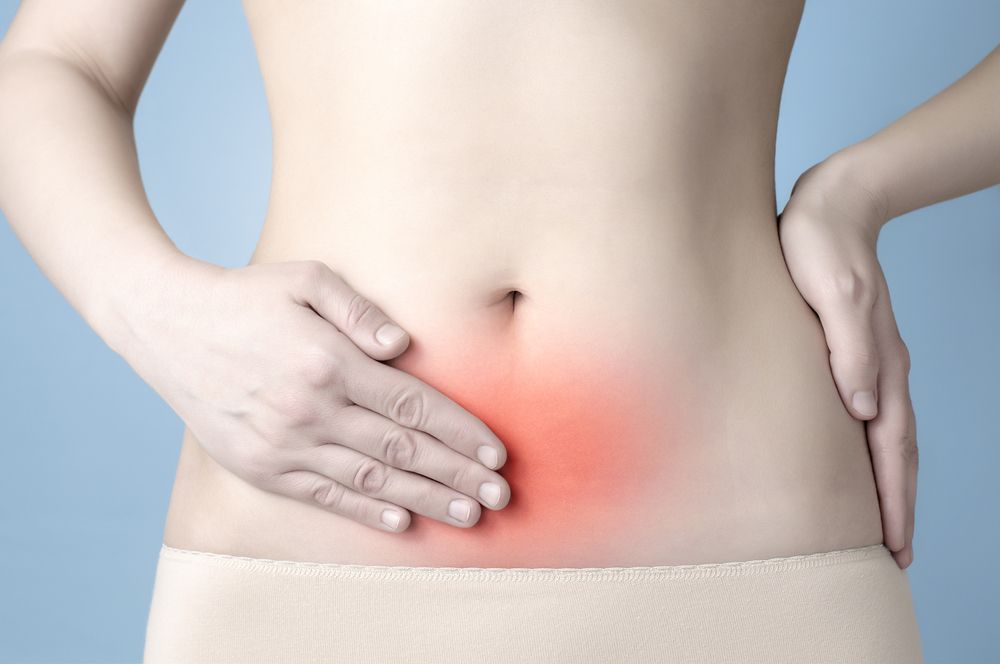Endometriosis Pain: Exploring Your Diagnostic and Treatment Options
 Ordinarily, endometrial tissue lines the inside of the uterus. However, for reasons yet unknown, the endometrial lining can find its way outside of the uterus. In some cases, the tissue can extend toward the fallopian tubes, ovaries, and even the abdominal cavity. The result is painful endometriosis that affects a patient’s menstrual cycle, fertility, and quality of life.
Ordinarily, endometrial tissue lines the inside of the uterus. However, for reasons yet unknown, the endometrial lining can find its way outside of the uterus. In some cases, the tissue can extend toward the fallopian tubes, ovaries, and even the abdominal cavity. The result is painful endometriosis that affects a patient’s menstrual cycle, fertility, and quality of life.
At Heartland Center for Reproductive Medicine, we help patients address the emotional and physical effects of endometriosis. Our unmatched compassion and commitment to excellence make our facility one of the leading fertility and endometriosis clinics in Omaha, NE.
Here, our team explores endometriosis pain and diagnosis options to help you address abnormal periods and infertility. Seeking early intervention could prevent additional complications in the future.
Signs and Symptoms of Endometriosis
The signs and symptoms of endometriosis can vary from patient to patient, but the most common indicators of endometriosis include:
- Pelvic floor pain before or during menstruation
- Intense cramps during periods
- Abnormally heavy flow
- Pain or discomfort during sex
- Gastrointestinal distress, such as diarrhea and nausea
- Painful urination
Because endometriosis symptoms closely mimic regular period symptoms, many patients are unaware that they have the condition. In fact, experts conservatively estimate that 11% of patients are currently living with undiagnosed endometriosis. Often, it isn’t until these patients try to conceive that they realize there may be an issue with their reproductive health.
Diagnosing Endometriosis
Our team can help patients diagnose endometriosis with:
- A pelvic exam: Endometriosis can create bulky clumps of tissue that a trained professional may be able to feel during a pelvic exam.
- An ultrasound: In some cases, a patient may describe symptoms of endometriosis, but a pelvic exam comes up inconclusive. In these instances, a transvaginal ultrasound may be necessary to diagnose endometriosis and identify affected areas.
- An MRI: An MRI allows us to gather detailed information about the extent and location of abnormal endometrial growth.
- Laparoscopy: Some patients require laparoscopy to diagnose endometriosis. This surgical procedure provides a real-time view of the uterus and abdominal cavity so we can see if there is any abnormal endometrial growth in the area.
Treating Endometriosis
There are several ways that our team can help patients manage or treat endometriosis, including:
- Pain management: Patients who are not ready to conceive or explore more invasive treatment options may benefit from pain management. We recommend painkillers with anti-inflammatory properties, like ibuprofen and naproxen sodium, to mitigate pain.
- Hormone therapy: Patients may get relief from endometriosis with supplemental hormones, like progestin-containing birth controls, gonadotropin-releasing hormone agonists, or aromatase inhibitors.
- Surgery: A skilled surgeon can remove abnormal endometrial tissue, which may allow patients to explore natural family planning.
- Total hysterectomy: In extreme cases, our team may recommend a total hysterectomy to address debilitating endometriosis. Removing the uterus, fallopian tubes, and ovaries prevents residual endometrial tissue from staying behind and spreading throughout the abdomen.
- Fertility treatments: Ovary-stimulating medications and in vitro fertilization can help patients living with endometriosis explore more successful ways to expand their families.
Ask Us About Endometriosis Pain and Diagnosis Options
If you’re experiencing painful or abnormal periods, then contact the team at Heartland Center for Reproductive Medicine today. We can help you get to the bottom of endometriosis pain, and your many diagnosis and treatment options.
Patients can schedule appointments online, or they may call our Omaha fertility clinic at (402) 717-4200.






